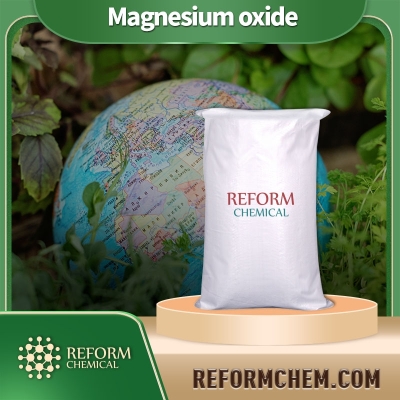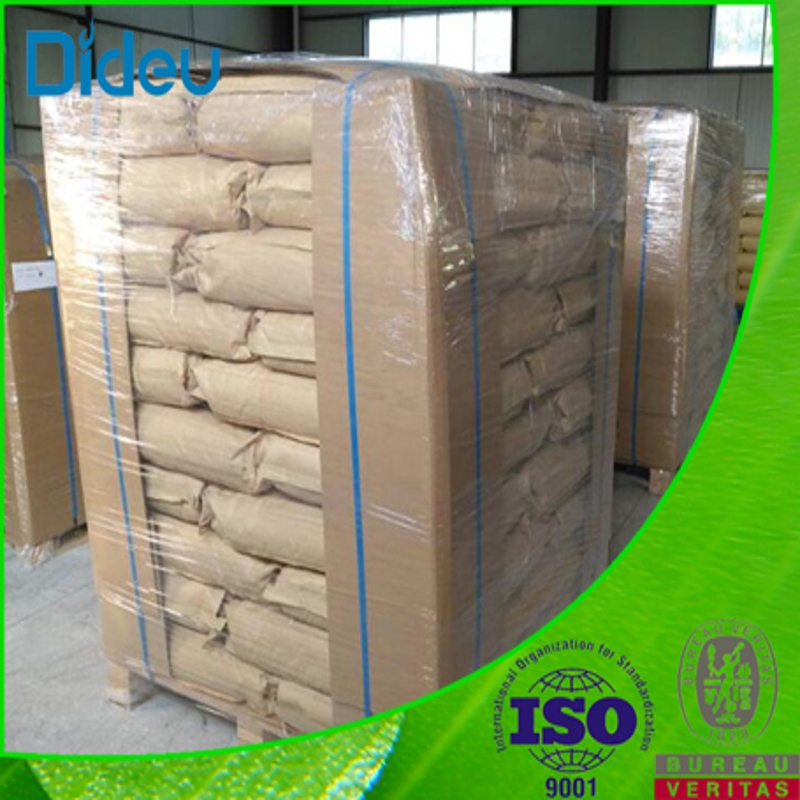-
Categories
-
Pharmaceutical Intermediates
-
Active Pharmaceutical Ingredients
-
Food Additives
- Industrial Coatings
- Agrochemicals
- Dyes and Pigments
- Surfactant
- Flavors and Fragrances
- Chemical Reagents
- Catalyst and Auxiliary
- Natural Products
- Inorganic Chemistry
-
Organic Chemistry
-
Biochemical Engineering
- Analytical Chemistry
-
Cosmetic Ingredient
- Water Treatment Chemical
-
Pharmaceutical Intermediates
Promotion
ECHEMI Mall
Wholesale
Weekly Price
Exhibition
News
-
Trade Service
Isocorydine hydrochloride is a chemical compound that is commonly used in the chemical industry.
It is a derivative of the natural product corydine, which is obtained from the bacillus corynebacterium.
It is used as a catalyst in various reactions, including the polymerization of vinyl chloride to produce polyvinyl chloride (PVC).
Safety measures and precautions are of utmost importance in the chemical industry, where the handling and use of chemicals can pose potential risks to workers and the environment.
Isocorydine hydrochloride is considered to be a hazardous chemical and appropriate safety measures must be taken to ensure the safe handling, use, and storage of this chemical.
One of the most important safety measures is to ensure that workers are properly trained and equipped to handle isocorydine hydrochloride.
This includes providing workers with appropriate protective equipment, such as gloves, eye protection, and respirators, and providing proper training on the safe handling and use of the chemical.
Workers should also be provided with emergency response procedures in case of accidents or spills.
Another important safety measure is to ensure that the proper safety equipment and facilities are in place at the facility where isocorydine hydrochloride is being used.
This includes having appropriate storage facilities for the chemical and ensuring that the storage area is properly ventilated to prevent the buildup of toxic fumes.
Facilities should also have appropriate fire protection equipment and emergency response plans in case of accidents.
Proper disposal of isocorydine hydrochloride is also an important safety consideration.
The chemical should be disposed of in accordance with local and national regulations, and should not be released into the environment.
This can be achieved through the use of hazardous waste disposal facilities, or by using methods such as incineration or land disposal.
In addition to the above safety measures, it is also important to minimize exposure to isocorydine hydrochloride whenever possible.
This can be achieved through the use of enclosures or other engineering controls to minimize exposure to fumes and dust, and by providing proper ventilation in the work area.
In addition, the use of personal protective equipment (PPE) such as gloves and eye protection should be mandatory for workers handling Isocorydine hydrochloride.
It is essential to follow safety guidelines and regulations set by government agencies and international organizations such as OSHA and NIOSH.
It is crucial to be aware of the potential health hazards associated with Isocorydine hydrochloride, such as irritation of the eyes, nose and throat, and skin, and to take appropriate measures to protect workers.
In conclusion, safety is of utmost importance in the chemical industry, and appropriate measures must be taken to ensure the safe handling, use, and disposal of isocorydine hydrochloride.
Workers should be properly trained and equipped to handle the chemical, and appropriate safety equipment and facilities should be in place at the facility where the chemical is being used.
It is also essential to follow safety guidelines and regulations set by government agencies and international organizations.







